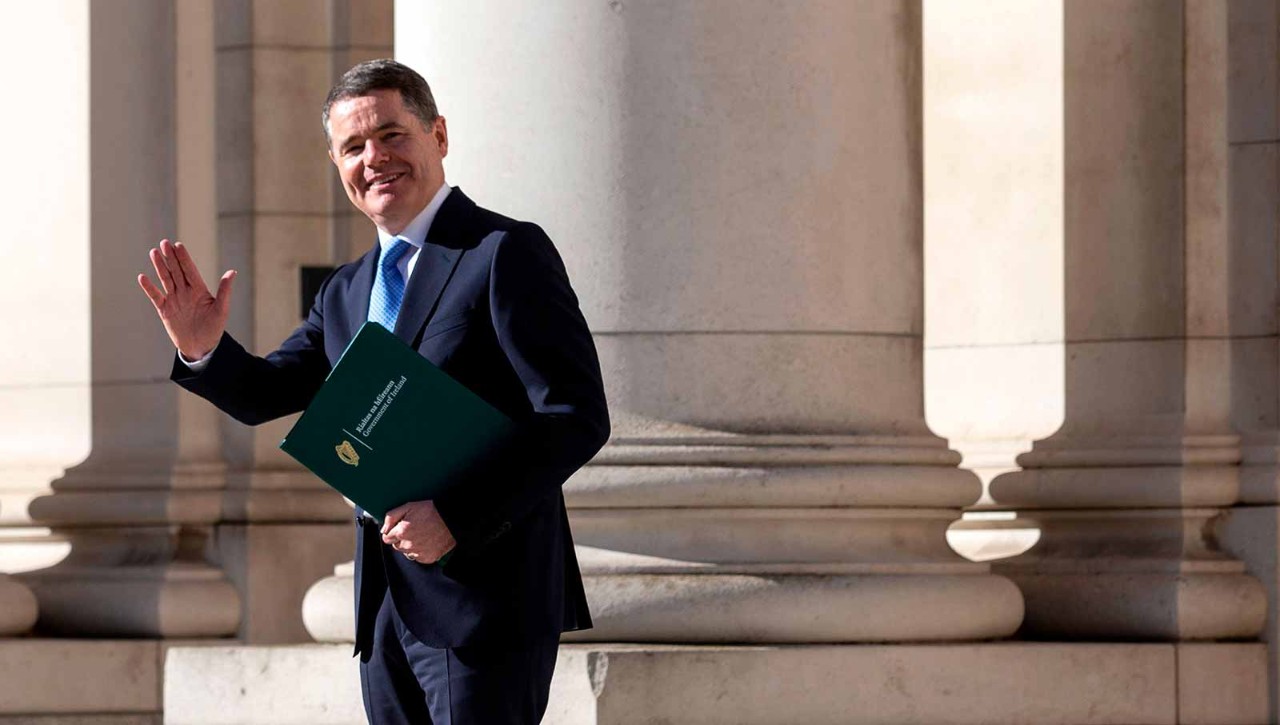
Revenue releases headline results
According to its headline results for 2020, Revenue collected total net receipts of €71.5bn in 2020, including €56.2bn in taxes and duties. Despite the unprecedented disruption from the Covid-19 pandemic, timely tax compliance rates for 2020 remained very high (98% for large businesses, 95% for medium-sized and 91% for other cases). Chairman Niall Cody acknowledged the contribution of tax practitioners and taxpayers in ensuring that a culture of strong compliance prevailed.
The 2020 results illustrate the amounts paid out by Revenue under the Covid support schemes, including: €2.8bn in Temporary Wage Subsidy Scheme payments; over €1.4bn for the Employment Wage Subsidy Scheme; €146m in Covid Restrictions Support Scheme (CRSS) payments; and the warehousing of €1.9bn of tax debt.
The cost impact of the Covid-related support measures was reflected in the Exchequer returns for 2020, which show a deficit of €12.3bn, a €13bn deterioration on the previous year. This contributes to an overall general government deficit estimated at €19bn.
Corporation tax roadmap unveiled
On 14 January, Minister for Finance Paschal Donohoe published Ireland’s Corporation Tax Roadmap January 2021 Update. This builds on the roadmap published in 2018, considers the ongoing global tax reform work and sets out the next steps.
The roadmap outlines a busy agenda for the year ahead in Ireland’s continuing engagement with international tax reform, including implementing the Interest Limitation Rules in Finance Bill 2021; a feedback statement on the design of this measure was launched at the end of December.
Other key topics include the possibility of moving to a territorial system, issues on outbound payments and the wider withholding tax regime.
It is estimated that changes in the international tax framework could result in a reduction in Ireland’s corporation tax receipts of between €800m and €2bn per year. Last year, the Exchequer collected €11.8bn in corporation tax, representing 20% of total tax revenues.
Chairman Niall Cody acknowledged the contribution of tax practitioners and taxpayers in ensuring a culture of strong compliance prevailed
Brexit transition period ends
An EU-UK Trade and Cooperation Agreement was finally agreed on Christmas Eve and provisionally implemented from 1 January 2021. This formal separation of the UK from the European Union and Single Market required Ireland to implement customs procedures for goods coming into, and moving out of, Irish ports and involving Great Britain.
In December, Revenue launched a new customs roll-on, roll-off (RoRo) online service. The extra administration in dealing with customs procedures and the knock-on operational disruption to supply lines has caused concern for some businesses.
The European Commission will apply the trade agreement on a provisional basis until 28 February, to allow the relevant steps to be taken by the EU and UK to adopt it formally.
A commencement order has been signed to bring into effect the Convention on Social Security with the UK. Its main purpose is to ensure that the social security rights and entitlements enjoyed by Irish and British citizens under the Common Travel Area (CTA) arrangements are maintained. The CTA has been recognised throughout the EU-UK negotiations and is referenced in the Protocol on Ireland/Northern Ireland and the new EU-UK Trade and Cooperation Agreement.
OECD consults on pillar blueprints
The OECD/G20 Inclusive Framework on BEPS held a public consultation virtual meeting in January to discuss the key themes and comments received from stakeholders on the reports on the Pillar One and Pillar Two Blueprints. The blueprints reflect the progress that has been made by the 137 members of the Inclusive Framework to progress technical solutions to agree new allocations of taxing rights between jurisdictions reflective of the digitalised economy (Pillar One), and to agree global anti-base erosion rules for a minimum effective tax rate to address remaining challenges (Pillar Two).
There was strong support for an international consensus-based solution (with removal of unilateral measures) in respect of Pillar One. The need for simplification to reduce complexity and compliance costs was a major theme in the responses to the consultation, with divergent views on its scope. However, most commentators supported a global revenue threshold in excess of €750m, and there was support for a phased approach starting with larger multinational enterprises.
In respect of Pillar Two, there was broad support for the approach set out in the blueprint, despite differences in the interpretation of a ‘minimum rate’. Simplification was again a key theme in the public consultation. A phased implementation based on a higher level of global revenue was supported as a potential simplification measure. The OECD received more than 150 pages in response to the simplification options contained in the blueprint, together with feedback from businesses concerned about the complexity and administrative burden of the Pillar Two calculations.
Disclaimer: While every effort has been made to ensure the accuracy of this information, the Irish Tax Institute does not accept any responsibility for loss or damage occasioned by any person acting, or refraining from acting, as a result of this material.




